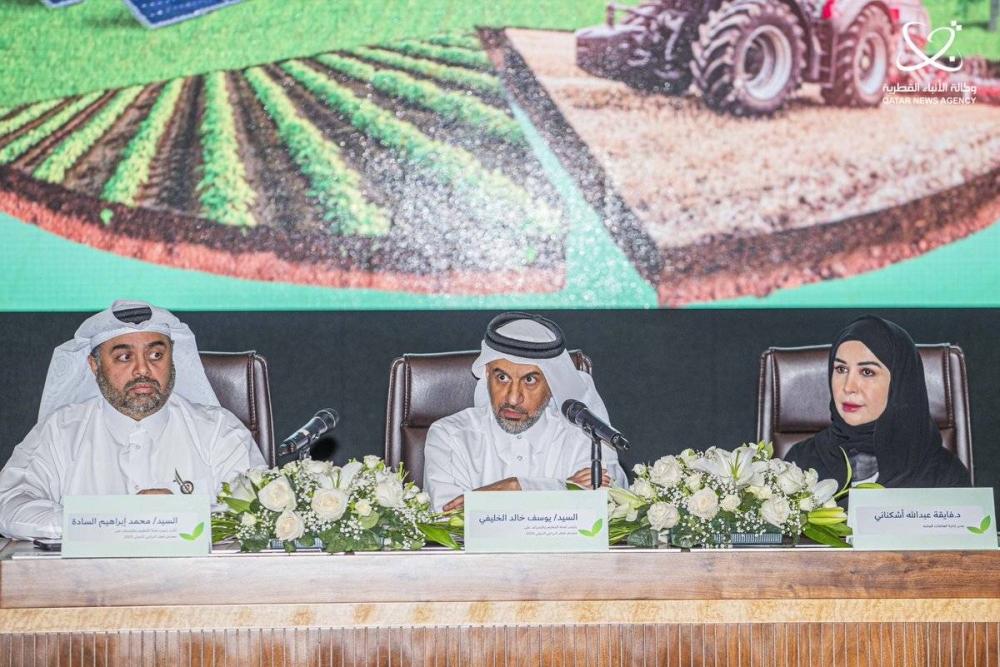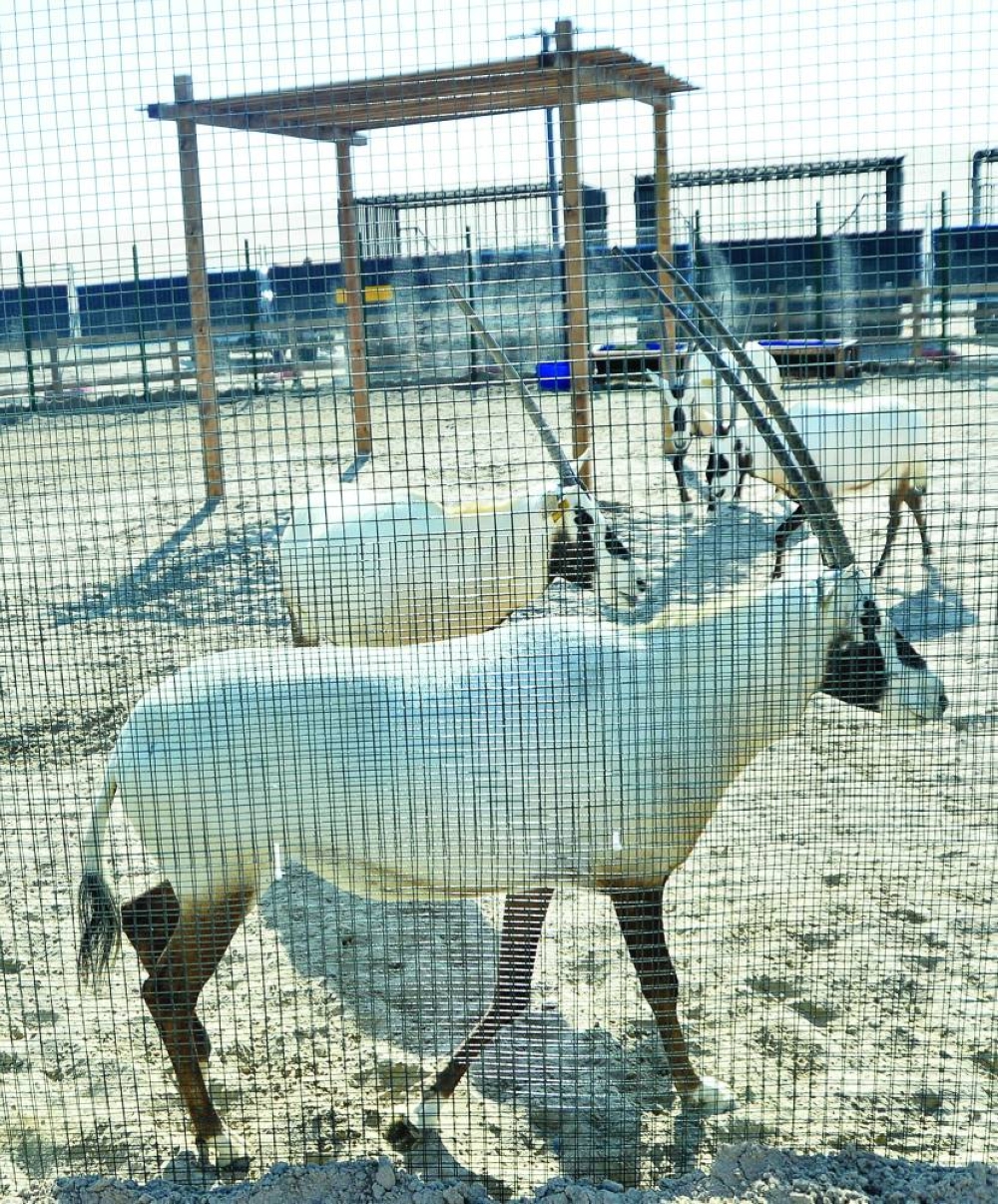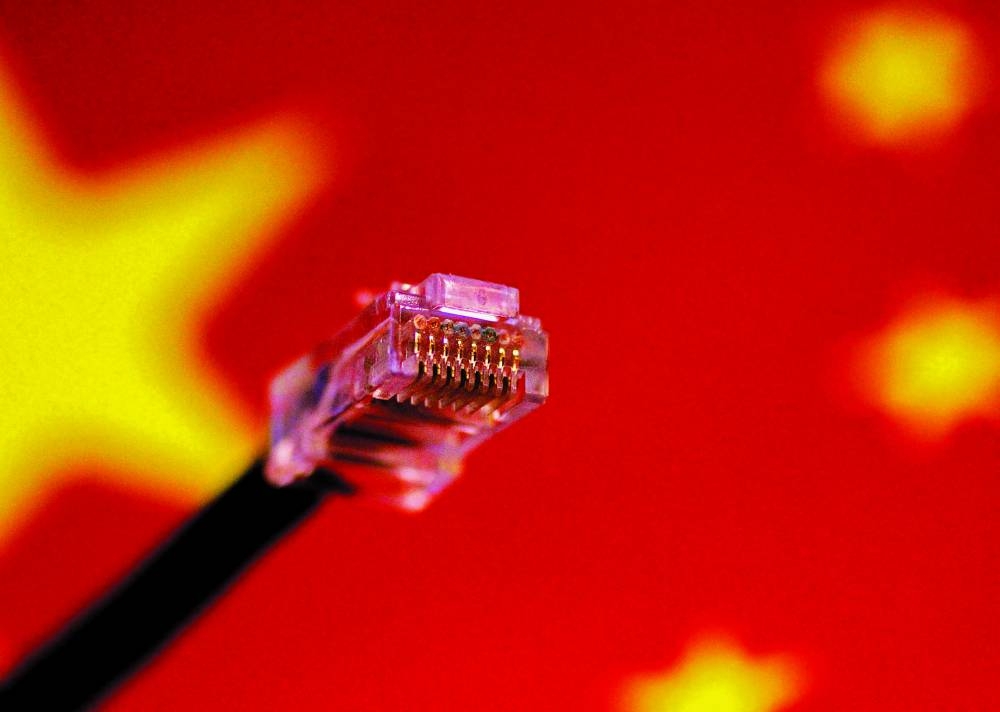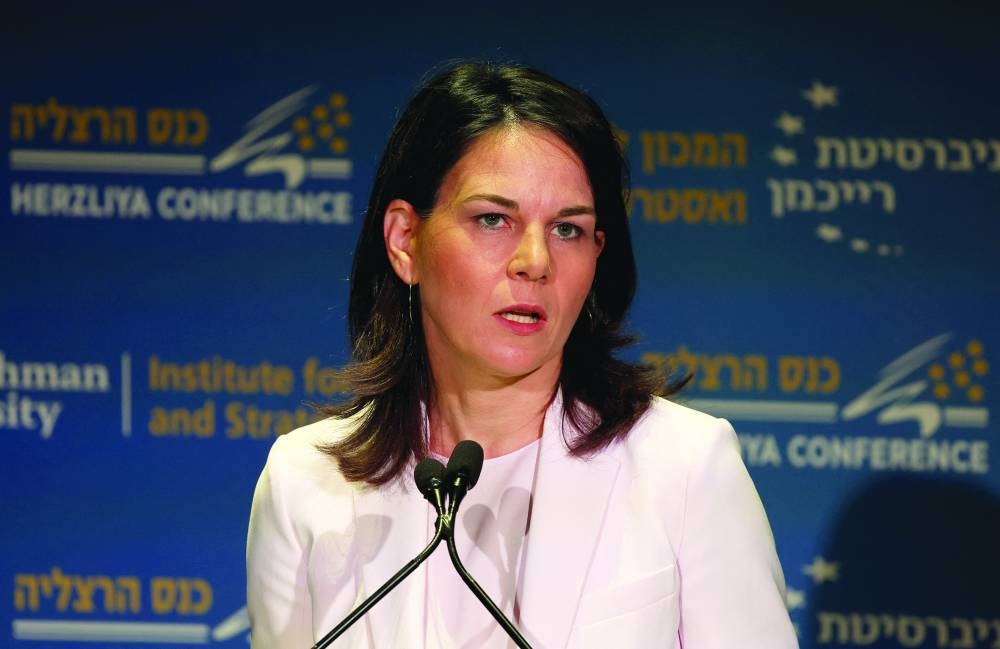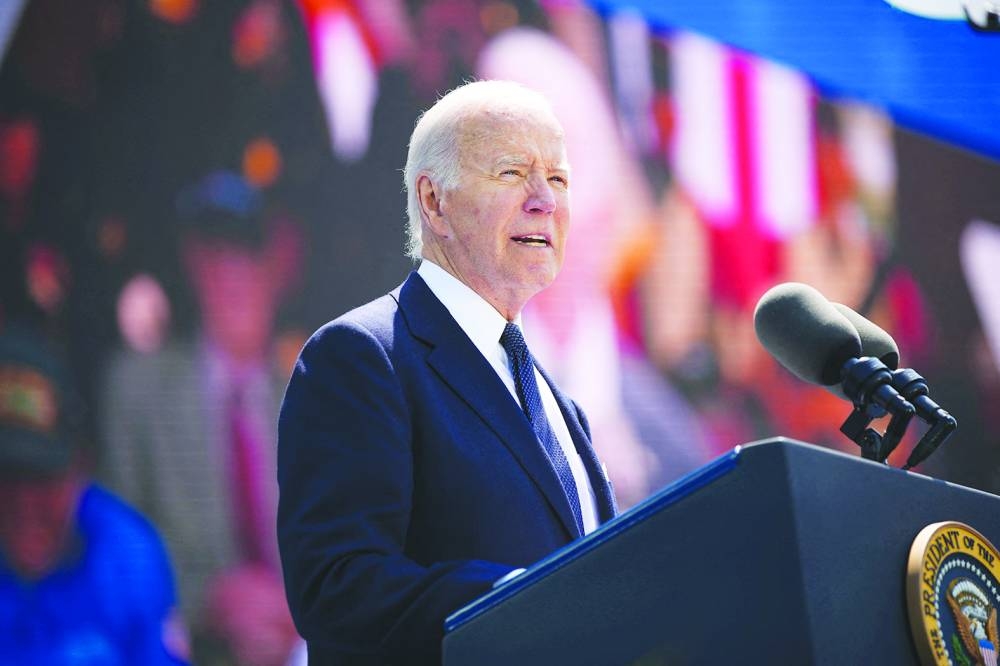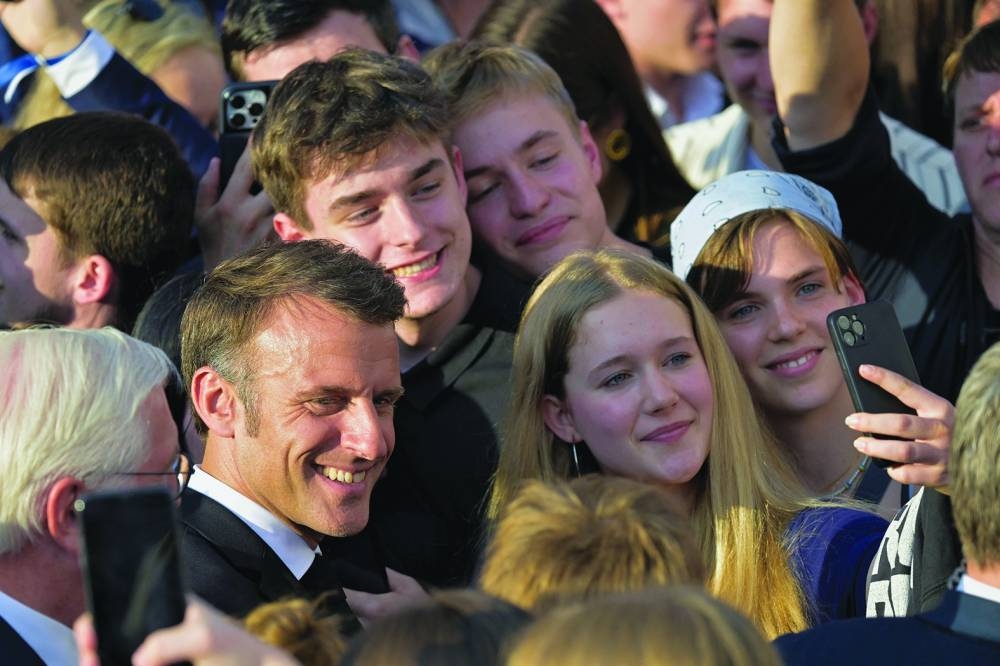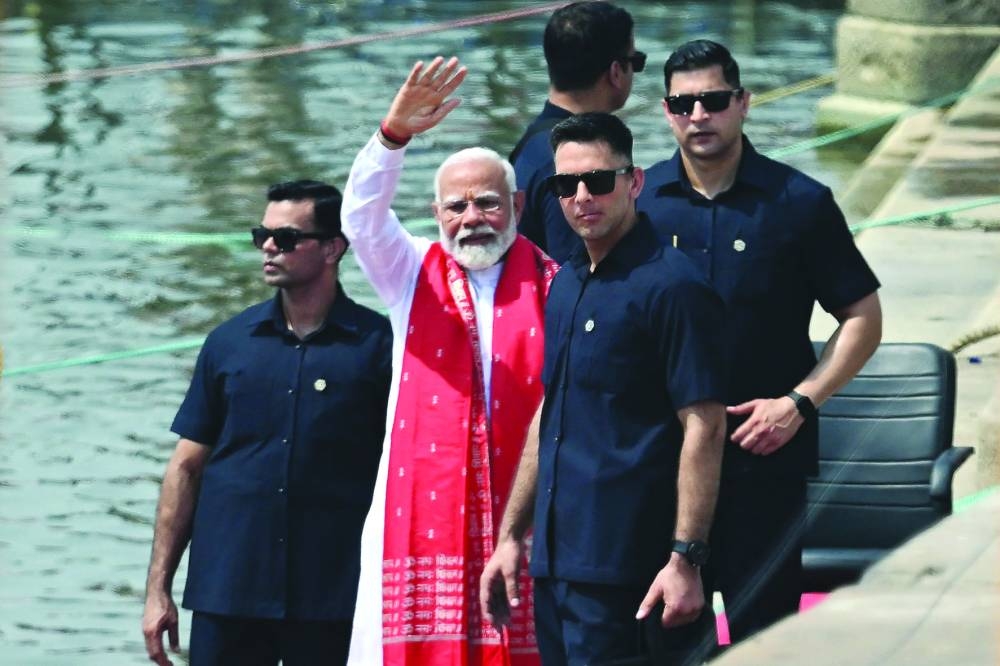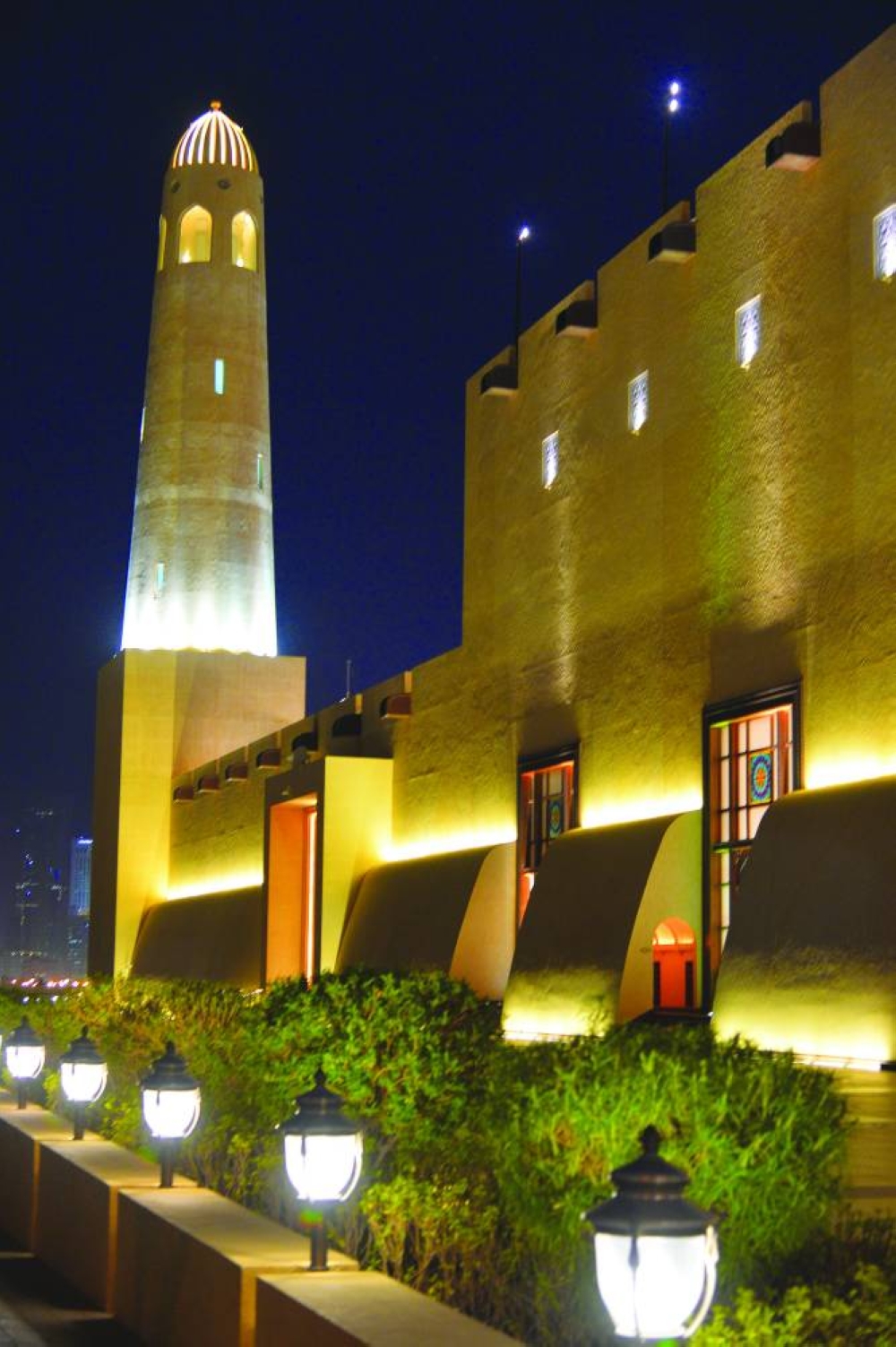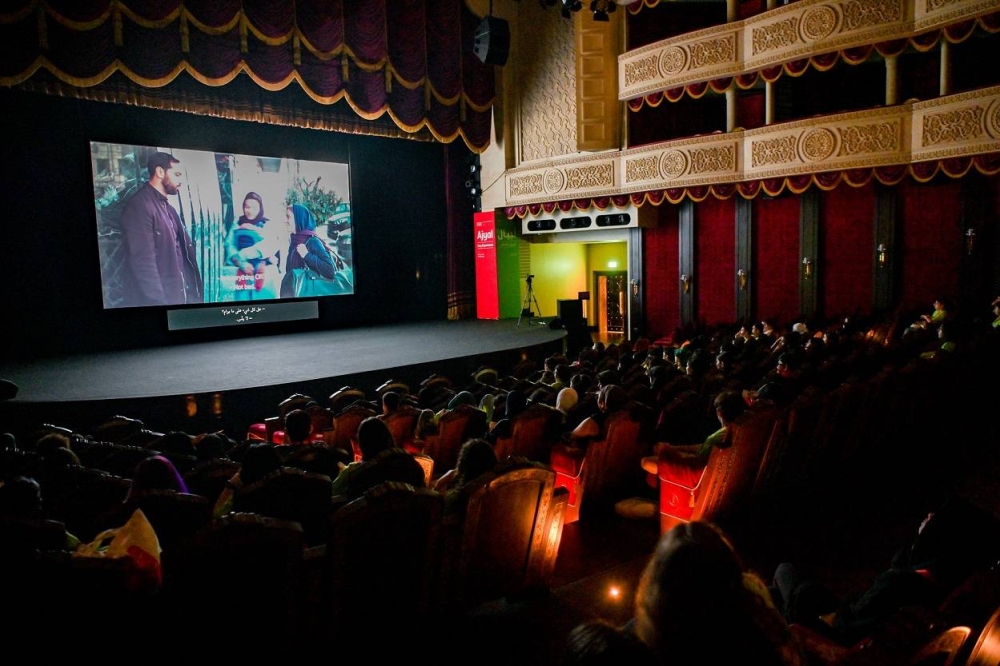Despite the rapid proliferation of artificial-intelligence chatbots and virtual assistants, finding an answer to a question that a company’s software is not programmed to address can be frustrating. Searching through countless options on price-comparison websites for the best insurance policy or airline ticket can be equally exhausting. Yet, we tend to view this “time tax” as the cost of doing business in today’s digitised global economy.To be sure, we already spend much of our time online for both work and leisure. Internet users in the US spend roughly eight hours per day online on activities like video meetings, shopping, or watching shows and movies on streaming services. But digital technologies also consume our waking hours in subtler ways, allowing companies to offload onto users tasks that their employees previously performed.Consider, for example, the automated checkouts that allow us to scan and bag our groceries. This reduces the need to hire cashiers, enabling supermarket chains to save on wage costs, boost revenues, and enhance productivity. It might even save consumers some time by shortening queues. Still, this represents a shift from paid labour to unpaid work by customers.Or consider filing a tax return. Many Americans today use software like TurboTax to file their annual taxes. While this might save consumers time and money, enabling them to avoid paying for an accountant or tax expert, it also represents a shift away from paid professionals to self-service.These trends may provide an early indication of the potential labour-market disruption caused by large language models and machine learning. A 2023 study suggests that nearly 20% of US workers, particularly high-income earners, are vulnerable to automation. But a comprehensive assessment of the AI revolution’s costs and benefits must also account for its impact on what economists call the “household account”: our personal (unpaid) time and valuable but non-monetised domestic work.Moreover, while AI may help companies reduce costs and boost profit margins, these gains are not necessarily shared with consumers. For example, are stores using automated checkouts charging lower prices or providing better service than their less automated counterparts?In fact, there seems to be little evidence that these technologies have actually benefited consumers. While the digital economy has provided us with valuable free services, it has also enabled companies to extract money from users by obscuring prices and quality through overly complicated designs, “dark patterns” – interfaces meant to manipulate users into making poor decisions – and potentially collusive algorithmic pricing models.But the real question is why digital innovation has not led to meaningful improvements in domestic productivity. The washing machine, as the late physician and statistician Hans Rosling famously argued, was one of humanity’s greatest innovations because it saved caregivers – the vast majority of them women – a huge amount of time and effort. So far, the digital revolution has not produced a similar time-saving breakthrough.One possible explanation is that it is difficult to quantify the care economy. While it is well established that demand for care workers is growing across OECD countries, economic statistics do not capture the amount of time devoted to care work. The US Bureau of Economic Analysis and the United Kingdom’s Office for National Statistics publish household production figures occasionally, but policymakers and the media rarely pay attention to these data.Fortunately, researchers are working to bridge this gap. University of Kansas economist Misty Lee Heggeness, for example, is currently developing a “dashboard” of indicators on care work in the US. Similarly, the London-based Economic Statistics Centre of Excellence is exploring ways to analyse time-use data to measure household activity.As MIT economist Erik Brynjolfsson has argued, a new “GDP-B” metric is required to capture the benefits of free digital services such as online search and email. Similarly, we need a measure – let’s call it “GDP-H” – that accounts for activity in the unpaid economy. The goal of such a metric would be to provide an accurate picture of economic activity. At present, we overlook much of the value that technology creates or destroys simply because it is not monetised.While measuring the frictions created by today’s digital technologies remains challenging, they take up an increasingly large portion of our daily lives. With AI-powered automation looming on the horizon, it is crucial to ensure that technological advances simplify life rather than complicate it and that the benefits are accessible to all.To achieve this, the AI industry must generate more value than it destroys. While major new technologies are always disruptive, their social acceptance hinges on their ability to improve people’s lives in meaningful ways. – Project SyndicateDiane Coyle, Professor of Public Policy at the University of Cambridge, is the author of Cogs and Monsters: What Economics Is, and What It Should Be (Princeton University Press, 2021) and the forthcoming The Measure of Progress: Counting What Really Matters (Princeton University Press, Spring 2025).





